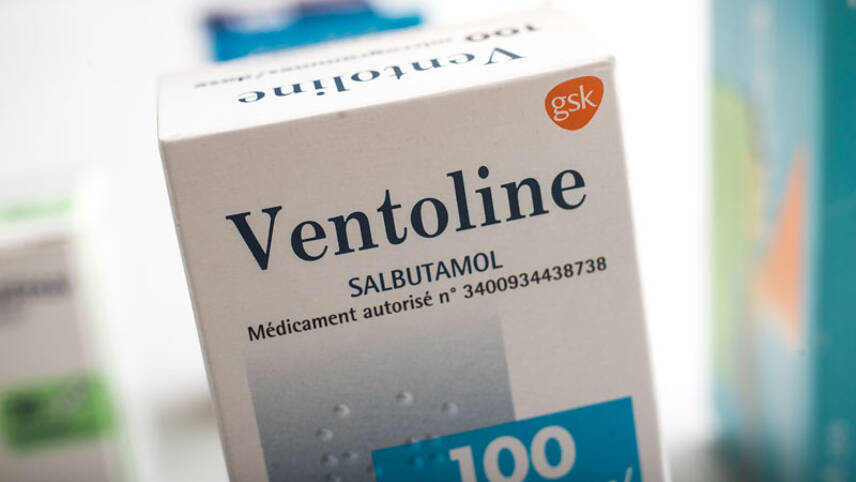Register for free and continue reading
Join our growing army of changemakers and get unlimited access to our premium content

The third phase of trials for the inhalers will take place in early 2024. If successful, this will mean GSK will be ready to make regulatory submissions regarding manufacturing and distributing the inhalers in 2025.
GSK’s chief executive Emma Walmsley has said the business would be ready to “start supply quickly” once regulatory approval is granted, due to past investment in manufacturing capacity in France.
Developed as part of a multi-year research and development process, the metred-dose inhalers include a lower-carbon propellant which has the potential to reduce their lifecycle greenhouse gas emissions by up to 90%.
Patient use of the inhaler currently accounts for some 49% of GSK’s annual global greenhouse emissions. As such, developing innovative alternatives will be crucial to GSK’s ability to reach GSK’s 2045 net-zero target.
The business is planning to use offsetting to address no more than 10% of its emissions across all scopes in 2045. It has set an ambitious interim goal to reduce its CO2 emissions across all scopes by 80% by 2030, against a 2020 baseline.
Walmsley said: “The development of this low carbon inhaler is complex and involves clinical and non-clinical programmes, as well as establishing new manufacturing facilities.
“As countries work to decarbonise their health systems, companies have an important role to play – and addressing the carbon emissions from inhalers is a key part of this. Harnessing our deep respiratory expertise, we have developed an innovative low carbon inhaler and I am delighted that we are now progressing this programme into Phase III trials.”
Net-zero journey
Earlier this year, GSK and six other large pharma businesses partnered with the Sustainable Markets Initiative and World Health Organization (WHO) on a new joint programme to improve environmental sustainability across supply chains.
The programme sets out a shared programme of work for employee engagement on emissions measurement and disclosures plus the development of science-based climate targets for supplier companies.
It also covers other environmental topics including energy efficiency, waste reduction and solvent management.
Prior to the launch of this initiative, the Sustainable Markets Initiative had been working with the seven firms on a shared industry pathway to net-zero that is aligned with a 1.5C temperature pathway.
The Sustainable Markets Initiative estimates that the sector accounts for 4-5% of annual global greenhouse gas emissions. At least half of these emissions are generated in the supply chain.


Please login or Register to leave a comment.